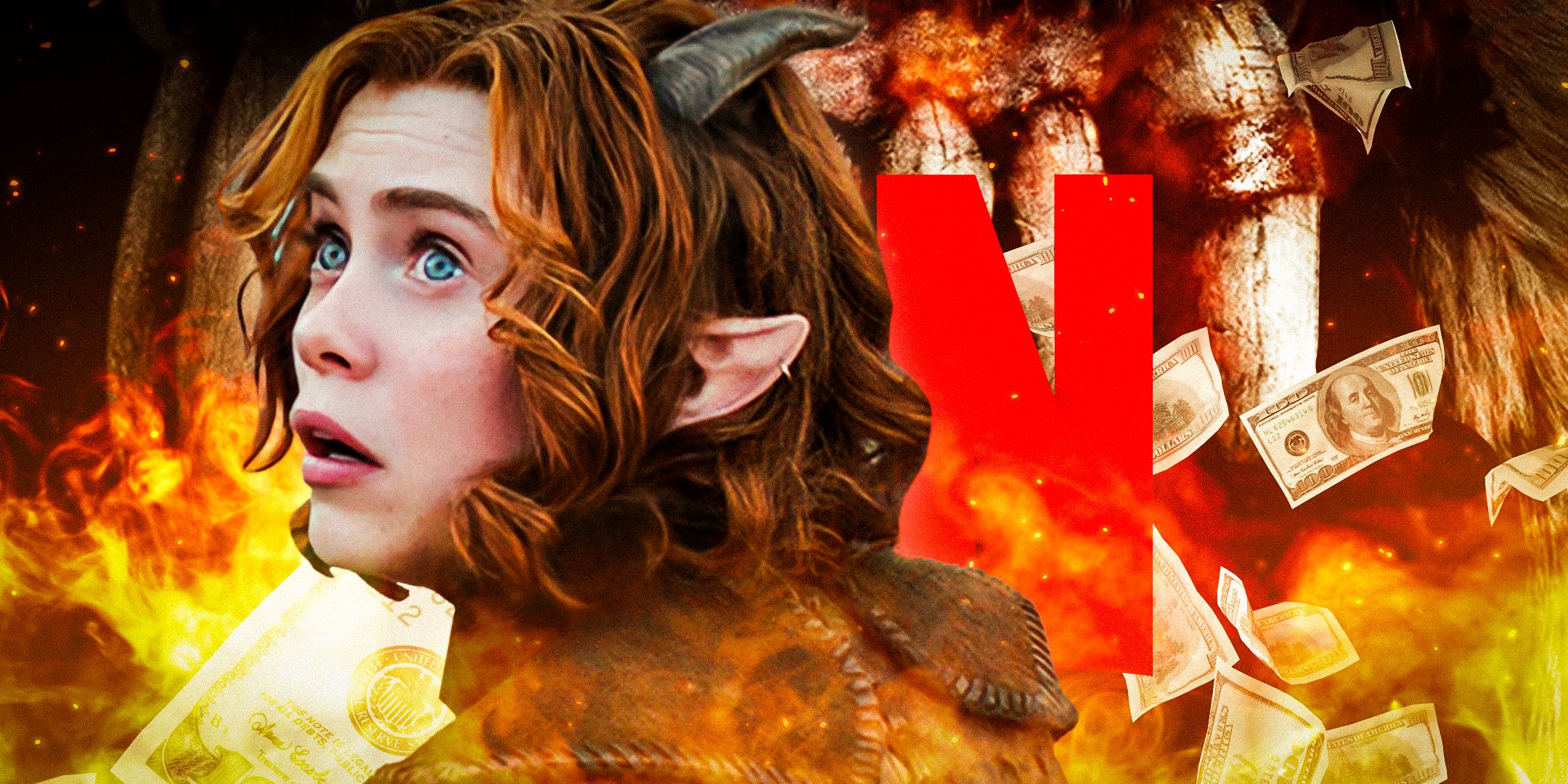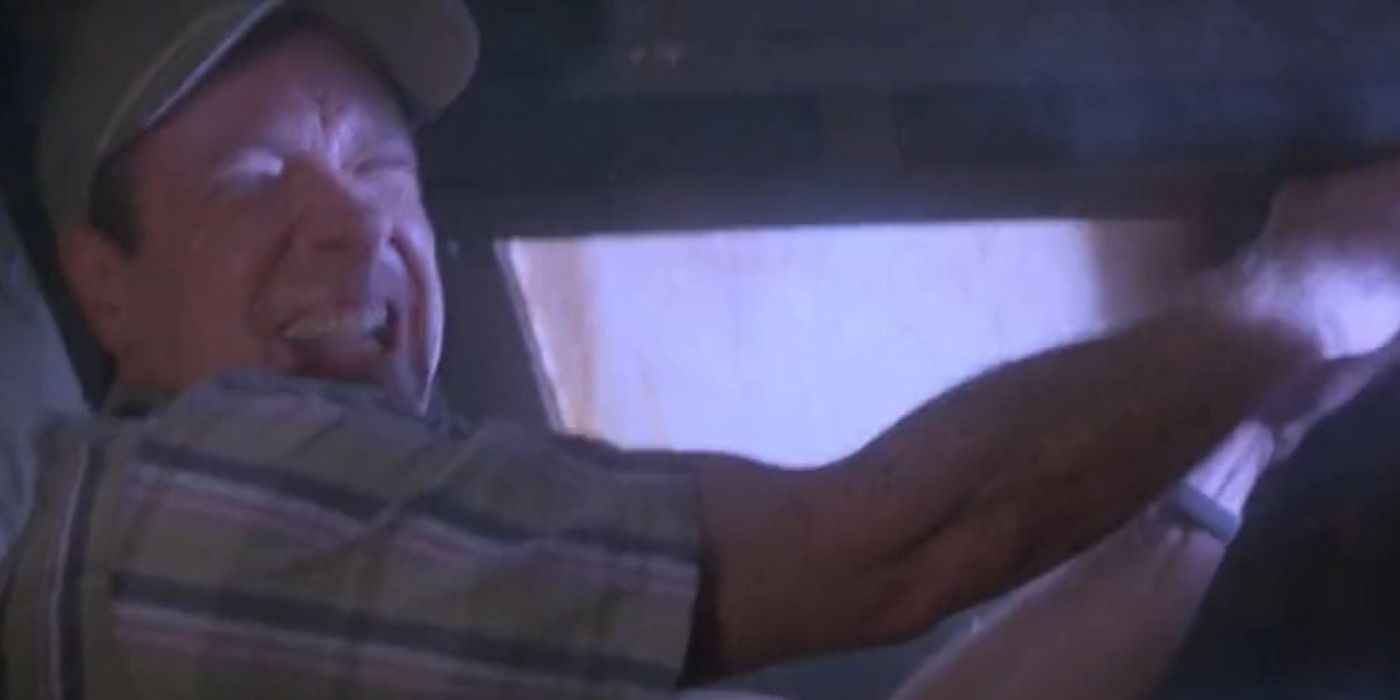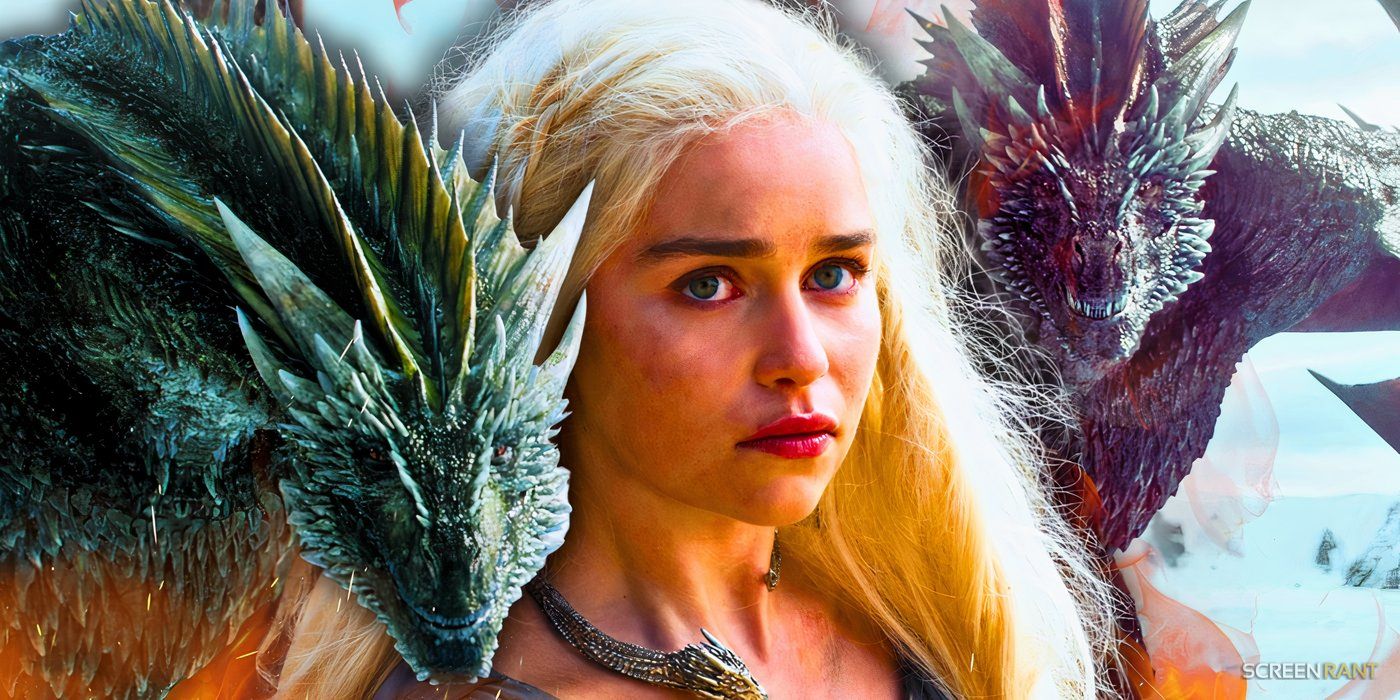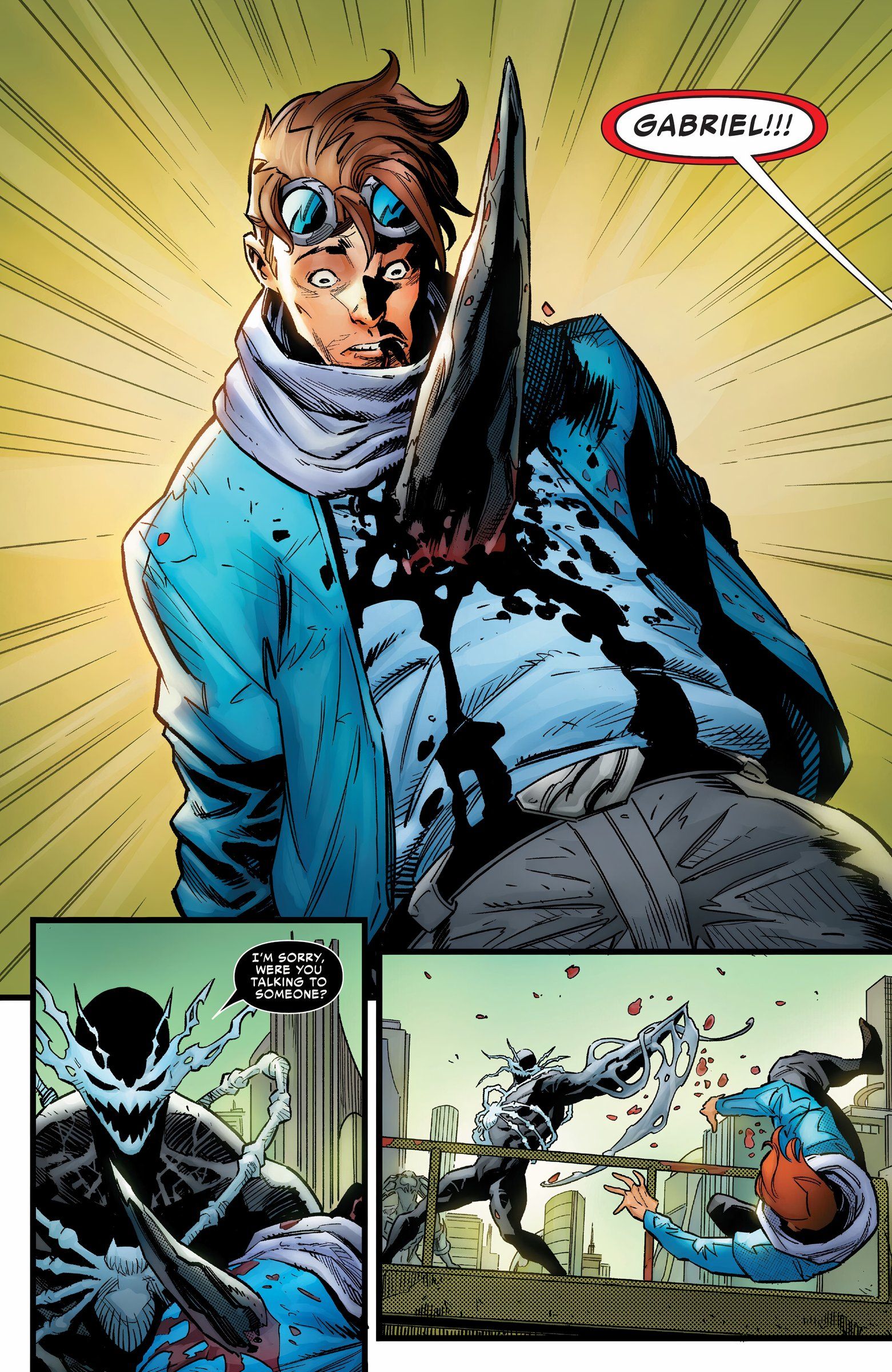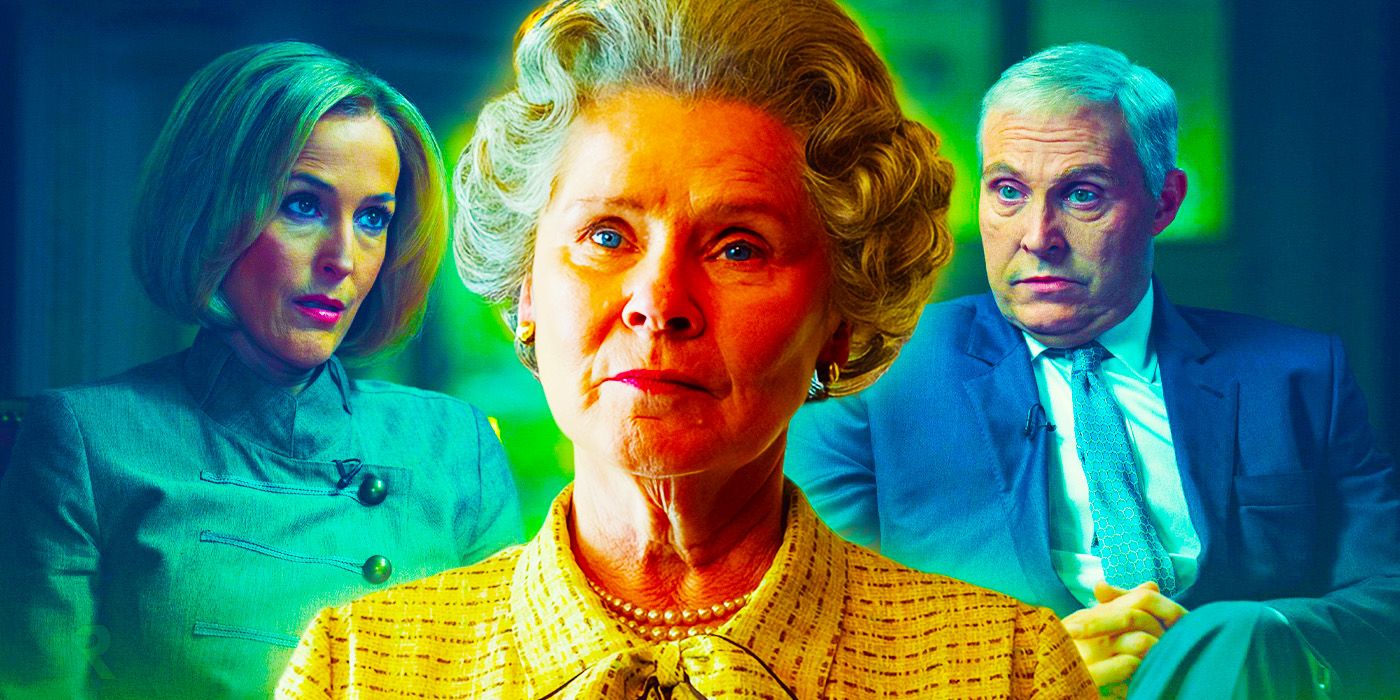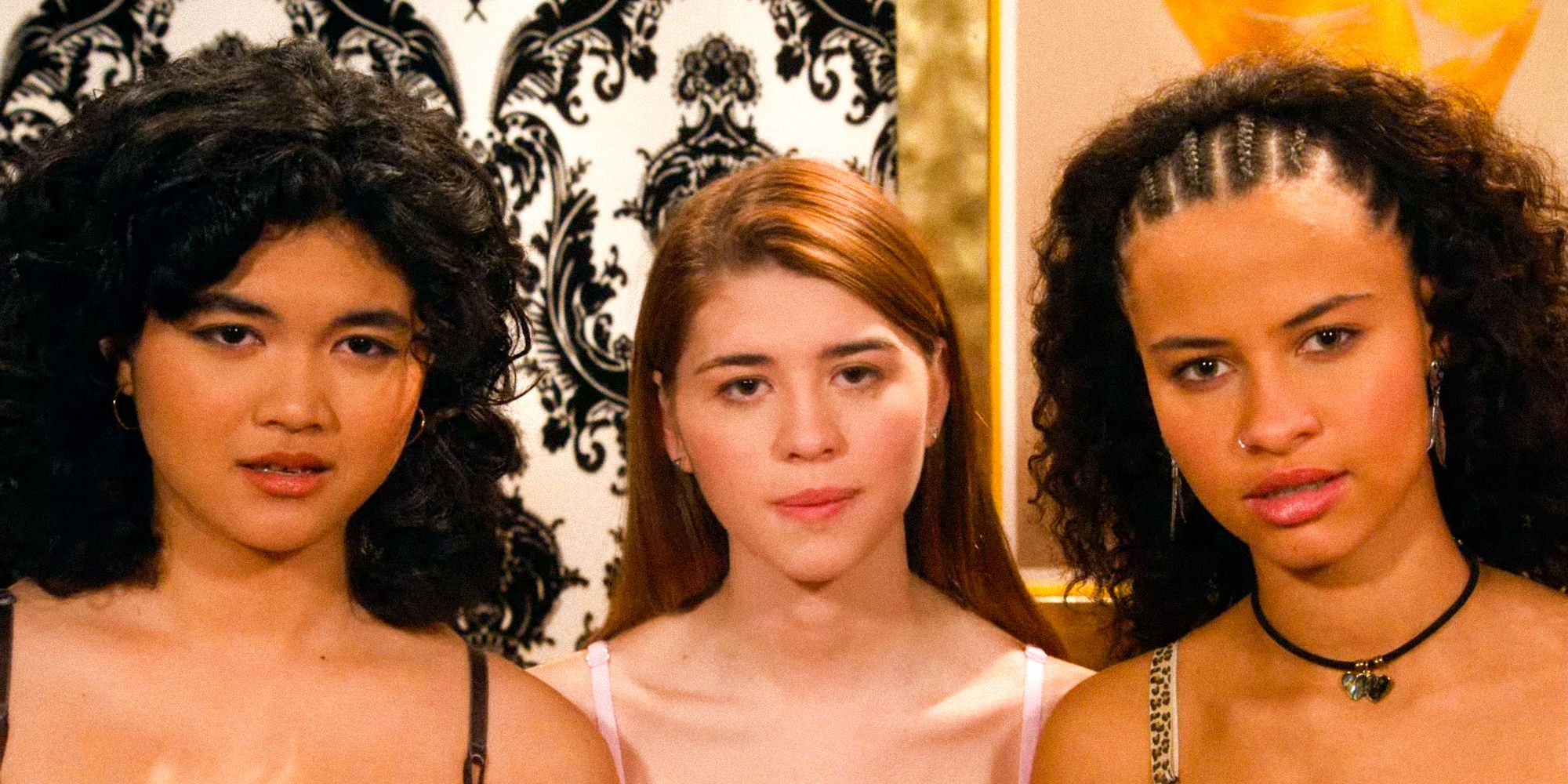Christopher Nolan’s sci-fi masterpiece Interstellar imagines a dystopian future where humans are forced to leave planet Earth behind once it becomes completely inhospitable, but one dark fan theory actually suggests that there’s an even more disturbing reason for this crisis. The story uses its mass exodus of humanity to comment sharply on the future of the climate crisis, the way we’re interacting with the environment, and what this could mean for the future of our species. The story was incredibly ahead of its time, but this theory allows audiences to view the narrative in a totally different way.
Christopher Nolan’s movies have always included deeper messages and hidden commentaries that aren’t always obvious upon first viewing, and this Interstellar theory seems to shed light on another one that hasn’t been unearthed until now. Interstellar is notorious for its scientific accuracy and realistic space scenes, which gives a whole new level of authority to its stance on certain issues. It might be sci-fi, but it’s not entirely grounded in fiction – it’s a story that demands to be listened to and thought about in order to prevent it from becoming reality.
Theory: “They” Caused Earth’s Blight In Interstellar
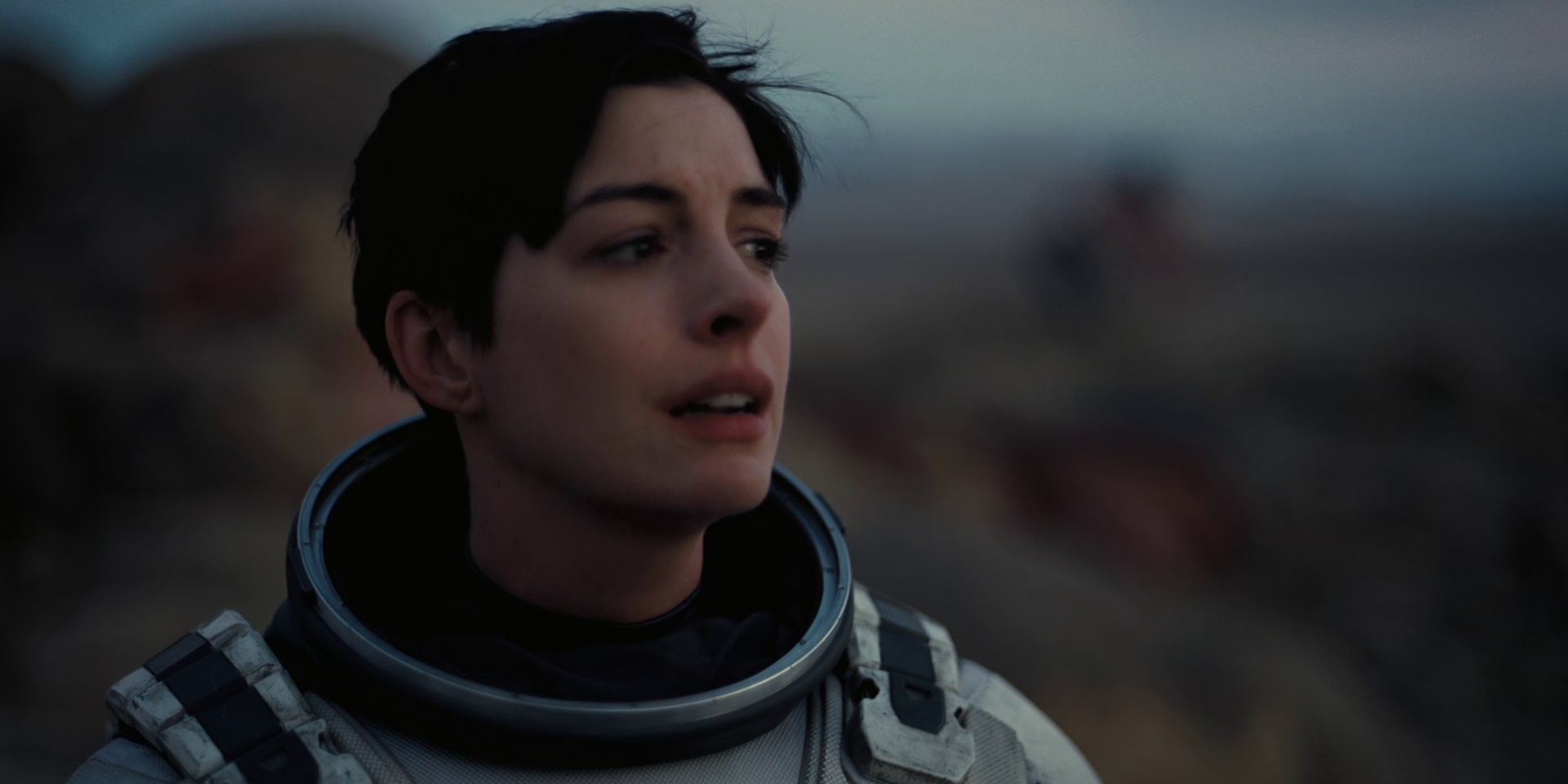
In Interstellar, the concept of ‘they’ is questioned several times as Cooper embarks on his journey to find a suitable place for the human race to colonize. The word is initially used by Cooper to label those who supernaturally delivered the coordinates to him during the dust storm, but the scientists quickly begin to realize that ‘they’ are real people with control over time and space. The major plot twist of Interstellar’s final act is that human beings (from the future) have actually been interfering with the past all along, causing the events that Cooper has been attributing to a mysterious ‘they’.
But maybe ‘they’ did more than Cooper and his friends noticed – this theory suggests that it was actually the humans from the future that caused Earth’s blight in the first place, forcing humanity to search for another home and driving them away from Earth. This fits perfectly with the film’s stance on the necessity of space travel, proving that humans were always destined to explore the universe – even if we need to leave the past behind in order to reach our true potential. Without Earth’s blight, the advanced humans of the future would never exist – so maybe they created the crisis in order to ensure their own existence.
How “They” Could Have Changed Earth’s Past (Despite Being From The Future)
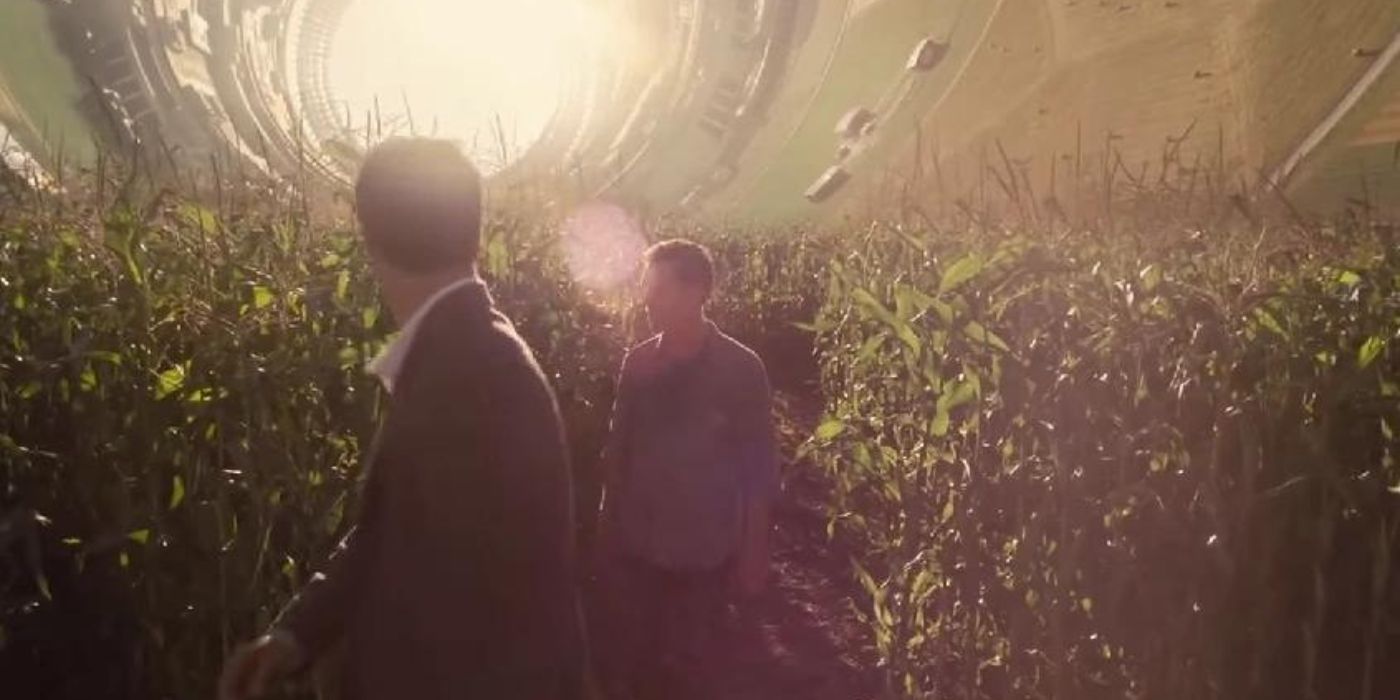
The question of ‘how’ the future humans would’ve been able to change the past is actually explained by Interstellar’s main narrative: there are several occasions within the story where humans interfere with the past in order to guide Cooper through his journey. It’s first seen during the dust storm (where he received coordinates for Brand’s base), then with Murph’s ghost, and ultimately with Cooper’s journey through the Black Hole. These advanced humans have developed beyond the boundaries of four dimensions, seeing time and space much differently than we do. It’s this new understanding of time that allows them to change the past, and it could’ve helped them cause the blight.
Interstellar is one of Nolan’s best movies, and it’s this immense attention to detail that really allows the story to flourish. There’s no detailed explanation given about ‘how’ these future humans can change the past – because we simply wouldn’t be able to understand it yet. Their methods are much further advanced than our own, but the film does a great job of explaining how a deeper understanding of time and temporality is the next step of human evolution. The future humans don’t have complete control of time in Interstellar, but perhaps the group responsible for causing Earth’s blight is an even better-developed group from further into the future.
Future Humans Causing Interstellar’s Blight Explains Why They Help Cooper
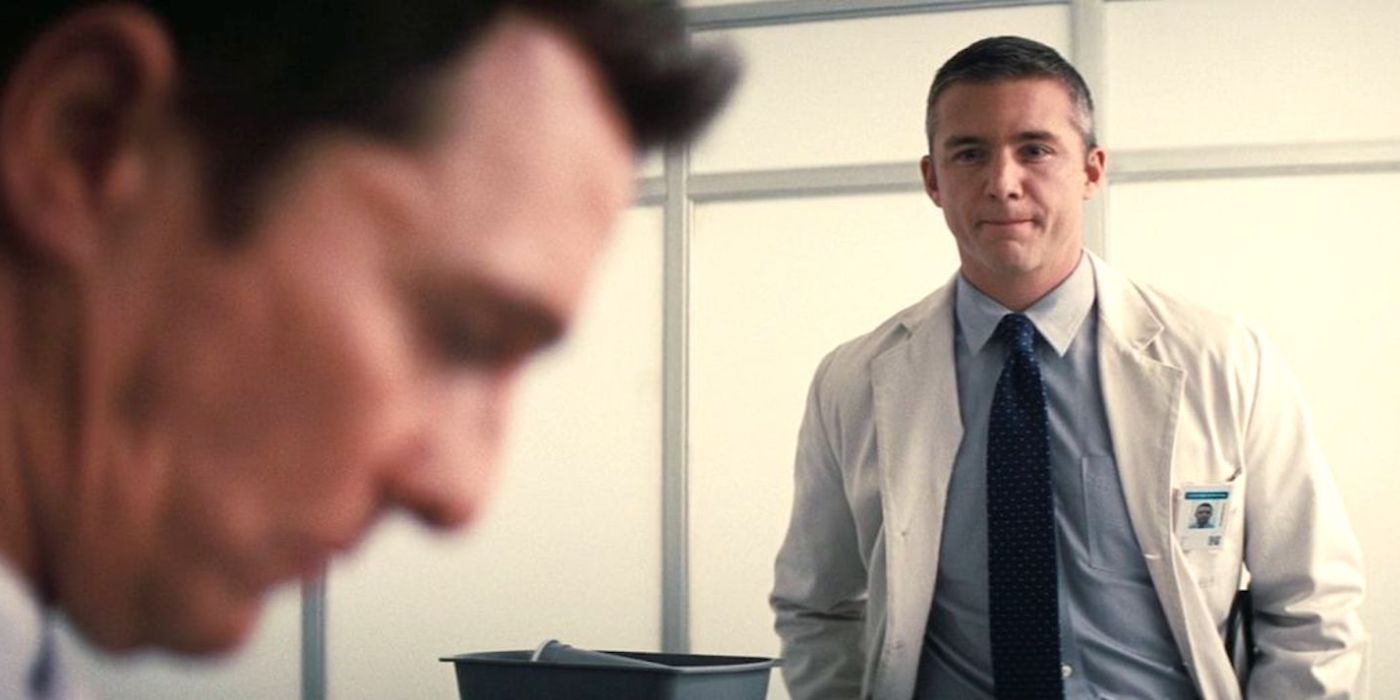
The relationship between Cooper and the future humans is undoubtedly the most interesting aspect of Interstellar – not only does it cause a bootstrap paradox that only somebody like Nolan could effectively navigate, but it also speaks volumes about the direction in which human evolution is heading. It makes complete sense for ‘them’ to help Cooper because he’s responsible for guiding humanity to the place where they’ll learn more about the universe and ultimately develop into a more advanced species, so his mission was essentially destined to succeed from the beginning. However, if those future humans did cause the blight, perhaps they were motivated by guilt too.
There are plenty of powerful moments to make audiences think in Interstellar, but this theory is arguably the heaviest of them all. It might initially seem like creating the blight is a selfish thing to do, but their entire plan actually saves as many lives as possible. The very nature of the blight is specific to Cooper as a farmer – meaning he was specifically chosen by the future humans as their savior, potentially because of his selfless nature and ability to save as many lives as possible. The future humans felt bad about destroying Earth, so they centered their plan around somebody who cared about saving as many as possible.
This Theory Combines Perfectly With Interstellar’s Central Message
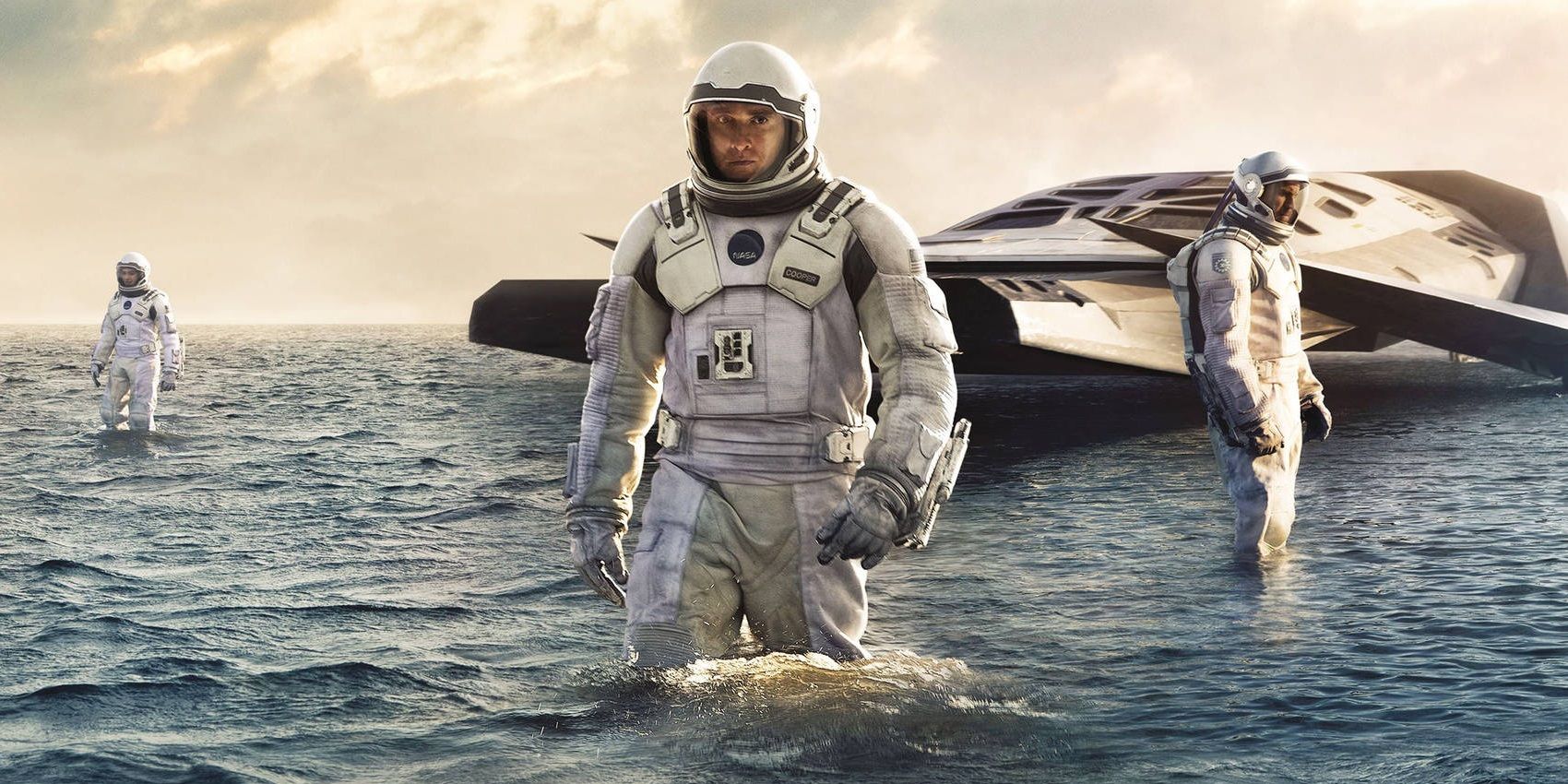
At the heart of its story, Interstellar is a film about how evolution is an essential part of humanity’s journey through the universe. There are sprinkles of commentary about family, science, and environmentalism in there, but fundamentally, it’s the story of how desperate humans have become to survive. The idea that future iterations of humanity would literally destroy their own planet in order to force an evacuation is so dark and dystopian that it actually fits perfectly with this commentary, leaving it up to the audience to decide whether this decision can actually be justified.
Humans are both the heroes and the villains of Interstellar, and this theory reinforces that idea perfectly. It’s because of humanity that Earth is burning in the first place (perhaps even intentionally), but it’s our own strive for survival that allows us to overcome our surroundings and discover a new home. Morality is never black and white in Interstellar, but it’s never attempting to be. There’s no judgment placed on humanity for their actions within the film, but rather an objective exploration of just how far we’ll go to thrive.
